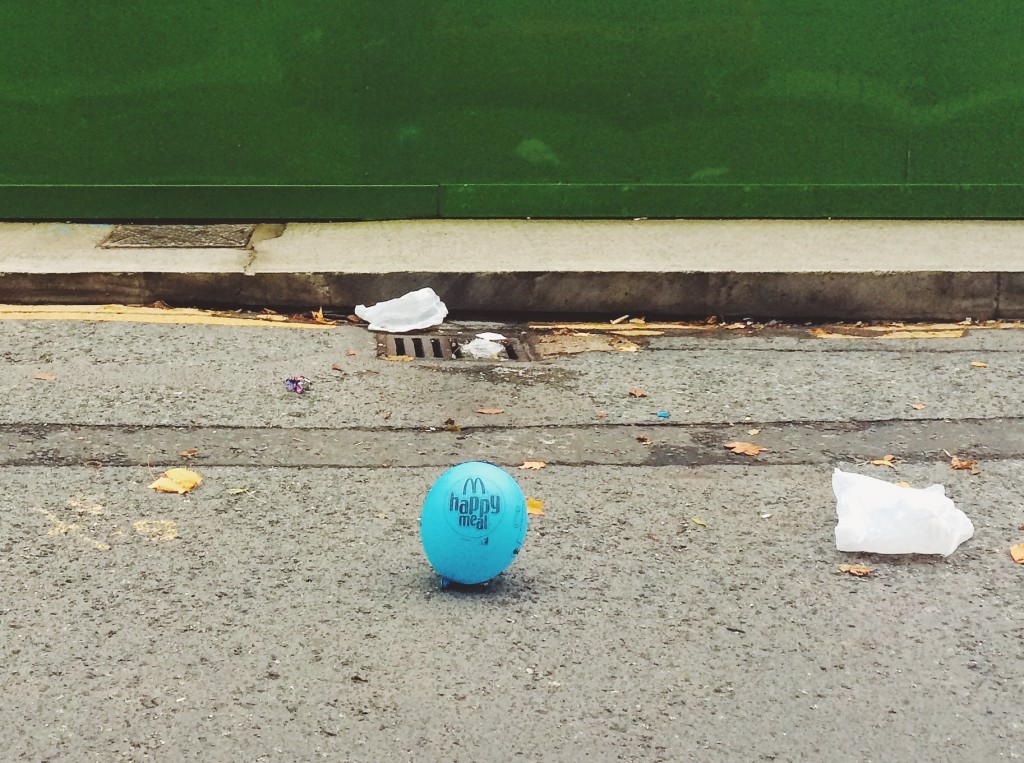The word ‘neoliberalism’ is often used to criticise political positions, and usually means little more than a general tendency to endorse free market policies or the recommendations of the World Bank and the IMF.
Some social policy academics have tried to pin it down a bit more, but even one of the most prominent of these has suggested it’s such a ubiquitous term of criticism that it might be worth abandoning it.
I want to suggest it’s still got some use, and particularly in relation to drug policy – but only if it’s not used as a blanket term.
When it’s thrown about as a synonym for ‘global capitalism’, neoliberalism can be seen as an all-encompassing ideology, an obsession with implementing the free market. And there’s something to that: one of the standard features of neoliberalism, according to a social policy definition, would be the tendency to introduce competition or market mechanisms where they hadn’t been in place previously (for example privatising the railways or introducing NHS commissioning), or perhaps where they haven’t really existed at all (as in the case of introducing competition to the postal service).
However, in a way, that wouldn’t make it very different to classical liberalism. When you look at the history of policymaking, you find that most things that we might see as being ‘public’ or ‘nationalised’ at some stage. Even tax, which might seem a pretty core function of ‘the state’, has been ‘farmed out’ by many governments over time. And remember that GPs, who might seem the emblems of the NHS, can be seen as private healthcare companies, who just happen to get most of their business from the state.
So what makes this neoliberalism new, and what’s the relevance for drug policy?
Well, the new bit, for me, is the particularly uncomfortable approach to the free market. There definitely isn’t agreement with John Stuart Mill’s view that each person’s way of laying out their life is the ‘best’, simply by virtue of being their own.
It’s about being liberal enough to give people some freedom to make choices – but always within limits, and always caring about what choices they make. It’s about giving people enough freedom to make the ‘wrong’ choices. And so we can see hand-wringing over a culture of ‘binge’ drinking in the 2012 Alcohol Strategy, but no attempt to change price or availability, or even to change that culture.
That is, government rhetoric can make us feel as if we’re being told how to drink – though in reality, we’re largely free to drink as we like. A cynic might say that this is just window dressing for a policy that opens out business opportunities and maximises tax revenue for the government, and that if this is neoliberalism then it’s precisely that bigger, ideological view, where private business and self-interest rules.
[READ] ‘Carnivalesque’ – Dr Will Haydock on Alcohol and Public Policy in the UK
But I think that neglects the human, moral element of policymaking. If government is so interested in business and the free market, why does prohibition of so many substances exist?
Campaigners for the legalisation of cannabis often point to the potential tax revenues from the trade, as a way of pointing out that this wouldn’t be a costly policy for government, and could even be profitable. But while that argument is making waves across the Atlantic, it shows no sign of taking root in the UK.
Of course there’s a myriad of influences on policy, including the pressures of international relations with obligations outlined in treaties and conventions. But if neoliberalism is this global ideology enforced by the World Bank and the IMF, who are forcing countries to privatise their railways and healthcare systems, then why isn’t it also forcing states to liberalise laws around ‘psychoactive’ substances (to use a phrase currently en vogue)?
The answer is that neoliberalism is more subtle than that. It’s about having your cake and eating it.
It’s about expanding choices while keeping a narrow definition of ‘good’ choices. And so it looks different in different countries. What a ‘good’ choice looks like in relation to intoxicants depends on culture, history, conventions, and so on – what a social scientist (such as myself) might, in a typically unilluminating way, describe as ‘social context’. And any ‘neoliberalism’, in that (perhaps equally unhelpful) social policy sense, will be shaped by that same social context.
So what’s the moral of the story?
Well, as someone who fancies themselves as a policy analyst and commentator, it’s in my interests to respond to any point by saying, ‘Well, I think it’s much more complicated than that.’ But all I want to emphasise here is that, in the UK at least, the government isn’t operating either as a dogmatic moralistic prohibitionist, or an ideological liberatarian. Both of those currents have their influences not only on the Conservative Party as an institution, but also on the individuals within that party. And that means there are politicians – perhaps even including our current Prime Minister – who are genuinely torn between those poles, and find some comfort in the contradictions and inconsistencies of what I’d call neoliberalism, but others have called simply hypocrisy.
It’s no coincidence that ‘nudging’ has been so popular with the Coalition and Conservative Governments. (And it’s worth noting that the Cabinet Office’s Behavioural Insights Team – or ‘nudge unit’ – was itself privatised.) This approach, described as ‘libertarian paternalism’ by its two most prominent advocates in what is surely an oxymoron, is the philosophy of people who want to have their cake and eat it – which is precisely what neoliberalism is about. Or perhaps, have their cake, eat it, but not offer cake to other people.
Dr Will Haydock is a Visiting Fellow in the Faculty of Health and Social Sciences at Bournemouth University, Senior Health Programme Advisor for Public Health Dorset, and writes regularly on drug and alcohol use on his blog Thinking to some purpose. Tweets @WilliamHaydock



